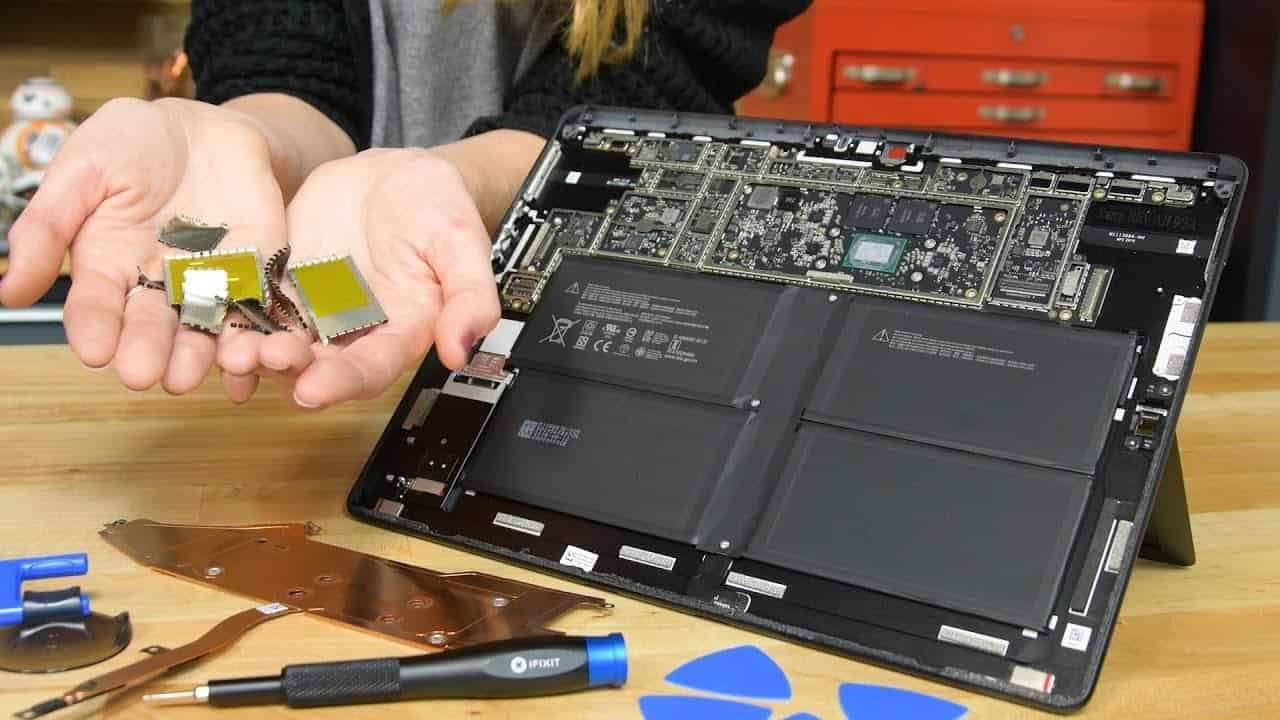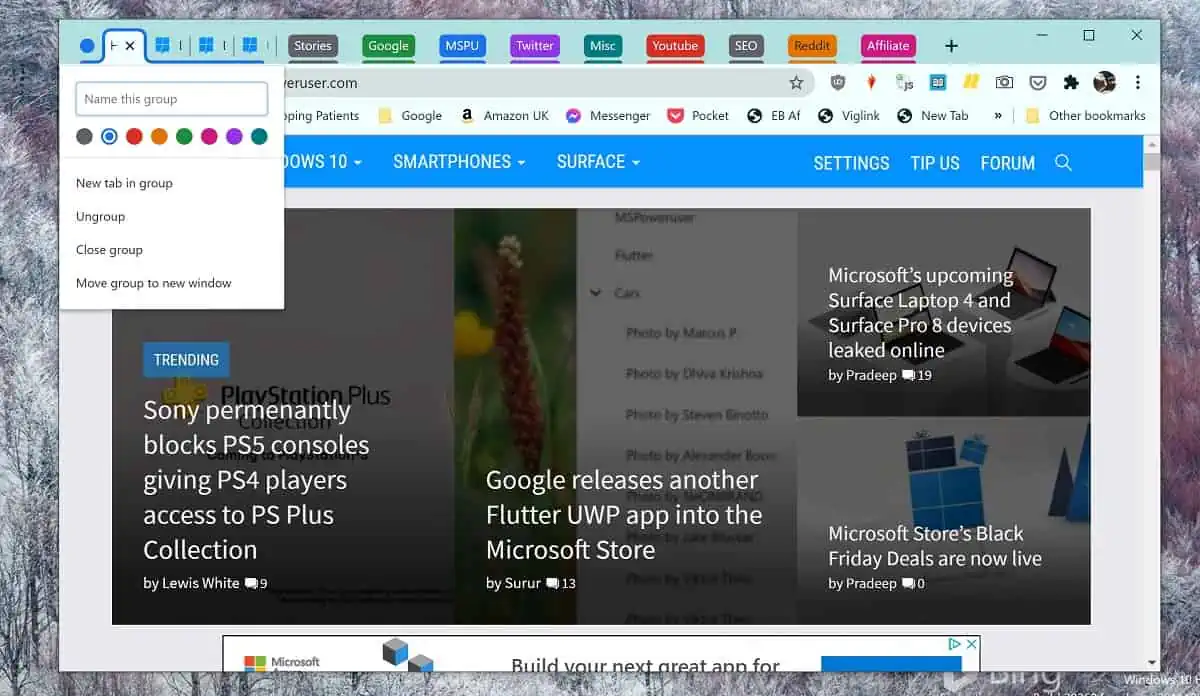Embarrassingly Apple's two-year old ARM chip benchmarks faster than Microsoft's Surface Pro X
2 min. read
Published on
Read our disclosure page to find out how can you help MSPoweruser sustain the editorial team Read more

Apple has a reputation for coming late to the party, learning all the lessons from the failure of others, and then getting it right the first time, and it seems this will once again happen with the transition to ARM processors, something Microsoft has been attempting since the first Windows RT laptops in 2012.
A week ago Apple announced their plan to transition to the ARM-based Apple Silicon and this week they started shipping their Developer Transition Kit, which includes a Mac Mini powered by the two-year-old A12Z iPad Pro chip.
The first thing developers did when they received it was run some benchmarks, and the results are rather embarrassing for Microsoft and Qualcomm.
Multiple Geekbench results have indicated that the Developer Transition Kit features average single-core and multi-core scores of 811 and 2,871, respectively.
This compares rather favourably to a single-core score of 726 and a multi-core score of 2,831 for Microsoft’s Surface Pro X power by the Microsoft-tweaked 3.0GHz SQ1 system-on-a-chip (SoC).
https://twitter.com/stroughtonsmith/status/1277628592458006528?ref_src=twsrc%5Etfw%7Ctwcamp%5Etweetembed%7Ctwterm%5E1277628592458006528%7Ctwgr%5E&ref_url=https%3A%2F%2Fwww.macrumors.com%2F2020%2F06%2F29%2Fapple-rosetta-2-a12z-beats-surface-pro-x%2F
Even worse, the version of Geekbench 5 on the Mac Mini was running under Rosetta 2, Apple’s x86 emulator for ARM, while the Surface Pro x was running an ARM-native version of Geekbench 5.
As noted earlier, Apple’s Developer Transition Kit runs the 2018 A12Z chip – when Apple does finally release a Mac Pro this year running Apple Silicon it will be on an optimised 5nm A14 chip, which, as has been the case for years, should run rings around the best Qualcomm has to offer.
Fortunately for Microsoft, only a tiny percentage of the world wants to run macOS, and Apple is not interested in competing for the low-end of the market, but Microsoft has once again demonstrated their skill squandering their first-mover advantage.
via MacRumors








User forum
0 messages